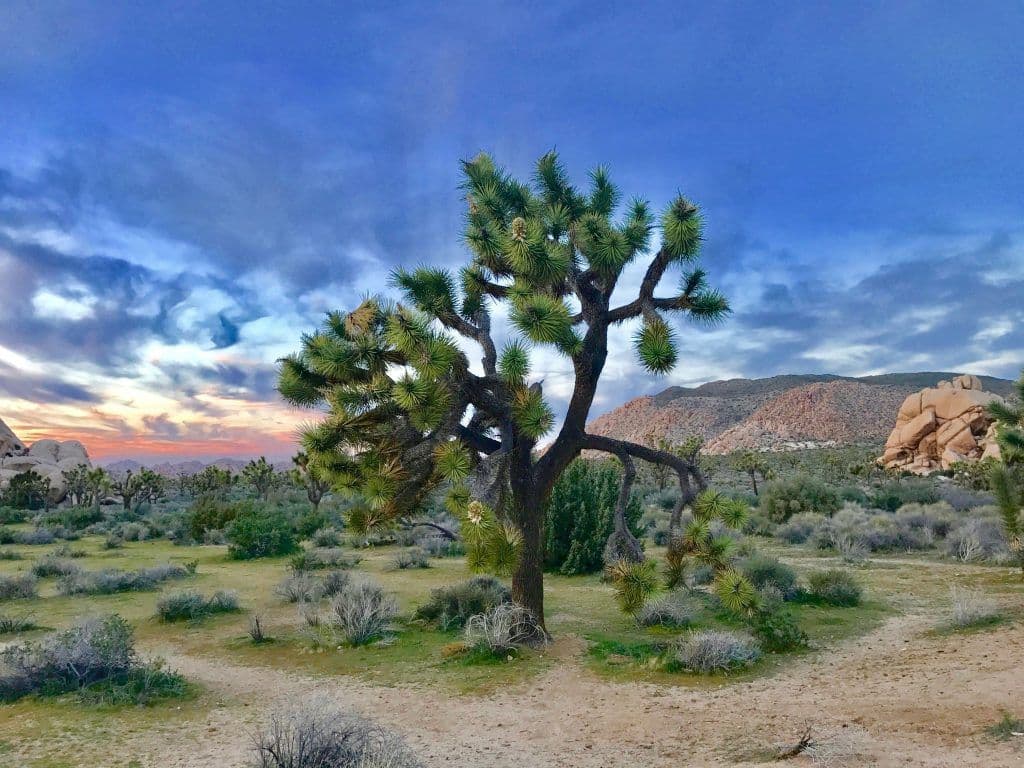
It’s a slightly wild thought, isn’t it? That we can become like Jesus. God’s greatest desire for you is to become like Him, even becoming one with Him.
But, this purpose of being transformed to be more like Jesus is found throughout scripture. It starts right at the beginning of everything when God forms Adam ‘in His image’. Right in our making is this idea of christlikeness, of being made to be like God.

Of course, so much of this was lost and broken when Adam and Eve fell. In striving to be like God the wrong way, with forbidden knowledge and doubting God’s word, they undid something powerful. Fast forward thousands of years, and God’s great solution is revealed, His redemption and saviour, Jesus Christ.
Threaded throughout Jesus’ ministry is an invitation and call to be transformed. Jesus loved radically and lived with compassion and acceptance. But, throughout every loving, gracious response and open armed moment, Jesus was posing a question too: “Can you leave everything behind and follow me, learn from me, and become like me?” He expected His followers to be changed.
Today, we tend to think of teachers we love or inspiring writers simply as people we admire and study. Although a college professor might inspire us, we can ultimately decide to live in our own way.
For Jesus’ contemporaries, a ‘teacher’ or ‘rabbi’ was something a little different. Jesus’ disciples would have expected Jesus’ teachings to change how they lived and thought. They also, to a certain degree, would have expected His teachings to lead to their transformation and to becoming more like Him.
For the Jewish people at Jesus’ time, it was incredibly important who your ‘Rabbi’ was. You were known by who you followed and by the teachings you lived by. When Jesus talked about His yoke being easy, He was referring to His teachings, painting a picture of them as something you wear and something that impacts your purpose.

The famous story of Jesus calling James and Andrew shows just how much of a life change following someone, as their disciple, often meant:
“As Jesus was walking beside the Sea of Galilee, he saw two brothers, Simon called Peter and his brother Andrew. They were casting a net into the lake, for they were fishermen. “Come, follow me,” Jesus said, “and I will send you out to fish for people.” At once, they left their nets and followed him. Going on from there, he saw two other brothers, James son of Zebedee and his brother John. They were in a boat with their father, Zebedee, preparing their nets. Jesus called them, and immediately they left the boat and their father and followed him.” Matthew 4
Of course, Jesus wasn’t like any other Rabbi. Throughout his life and even in His death, Jesus revealed God’s heart for His people and laid a path for our redemption.
Everything that was lost and broken when Adam and Eve fell, Jesus restored. Including the call for God’s people to become like Him, to be transformed, to be Jesus-like and ultimately to share in His divinity.
The book of Romans is a key read for discovering your call to become like Jesus. Hone in on Chapter 8, verse 29, for your starting point: “For those God foreknew, he also predestined to be conformed to the image of his Son, that he might be the firstborn among many brothers and sisters. And those he predestined, he also called; those he called, he also justified; those he justified, he also glorified.”
Unbelievable as it might sound, you have been predestined to become like Jesus. It’s in your very DNA and in your making.
You’ll also need to spend a while in Paul’s writing to the Corinthians to really get your head around this; but 2 Corinthians 19 is a standout verse to begin your study:
“And we all, who with unveiled faces contemplate the Lord’s glory, are being transformed into his image with ever-increasing glory, which comes from the Lord, who is the Spirit.”
This incredible verse leads us onto the next, and obvious, question: ‘how exactly do I become like Jesus, though?’
Even if we’ve understood in a cerebral way that Jesus wants us to be like Him, this alone isn’t enough to spark the journey of transformation.
Often, we downplay it and interpret scripture’s call to become Christlike as simply an encouragement to follow Jesus’ example and live following His rules and guides. And while, yes, following the rule of life set out by the incredible Rabbi Jesus is part of Christianity, it is not the sum total.
Another tempting thought is to count ourselves out of this wild invitation. You can tell yourself,'sure, maybe God wants most people to become like Jesus, but surely not me.”
Or, maybe, you’ve fallen prey to another deception; that in order to become like Jesus, we have to work really hard?
Paul actually clearly sets out the key for becoming like Jesus in 2 Corinthians. We are being ‘transformed’ he writes, with ‘every-increasing glory’ which comes from ‘the spirit’.
Essentially, our transformation to incremental levels of glory, as we become more and more like the glorious Jesus, is rooted in God and empowered by the Spirit.
So, it is the Holy Spirit’s indwelling in us that enables us to become like Jesus.

It’s important to establish that our transformative journey of becoming like Jesus is driven by the Holy Spirit dwelling in us. That truth points us away from human-driven effort, and works, towards intimacy with God’s spirit.
When we know our journey to becoming like Jesus is empowered and energised by God’s spirit in us, then we also know that prioritising our connection with the Holy Spirit, learning what God’s voice sounds like, and living attuned to His prompts and nudges in us, is a foundational part of our transformation call.
Firstly, in becoming Christlike, you do not stop becoming you. The two are actually, incredibly, wrapped up together. God is the author of our lives, the maker of our hearts, brains, and bodies. He is the final word on who you are and who you were made to be. As you lean into transformation with Him, you will feel prompted to set aside parts of yourself. This is not because God is building a family of cookie-cutter Christians who are all alike. If God asks you to set something aside, or if you feel God changing something about your makeup, it’s because it was never meant to be in your original making. Or, at least, it’s not needed for the road ahead.
So, don’t be afraid that by yielding to becoming like Jesus, you will lose your sense of self or your uniqueness. In fact, what will happen is that God will breathe His life into the forgotten and broken parts of you, bringing you into the fullness of who you are in Him: unique personality and all.

Take a look at 1 John 3:2 to get a picture of where your journey of following Christ is going:
“Dear friends, now we are children of God, and what we will be has not yet been made known. But we know that when Christ appears,we shall be like him, for we shall see him as he is. All who have this hope in him purify themselves, just as he is pure.”
John writes, and it’s a sentence worth meditating on: ‘When Christ appears, we shall be like him’.
So, while we can live with the fullest expectation of being transformed to be more like Jesus in this life, today. We also know that this transformation reaches its fullness when Christ appears again. It is another example of living in the tension of the now and not yet.
You are called and empowered to become like Jesus today. But it will be your life’s work.
Download Glorify Today